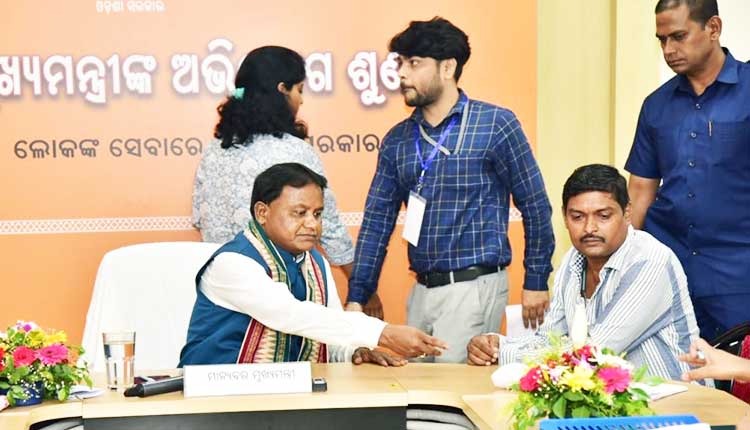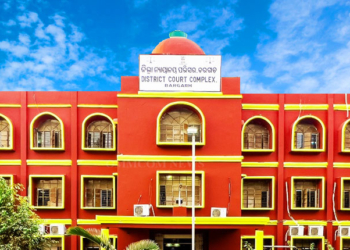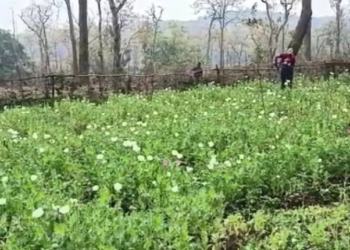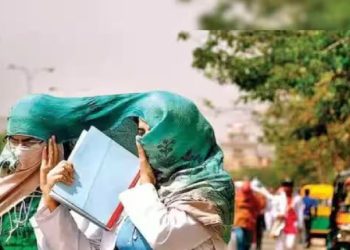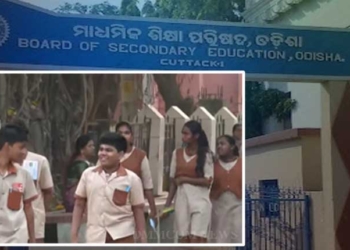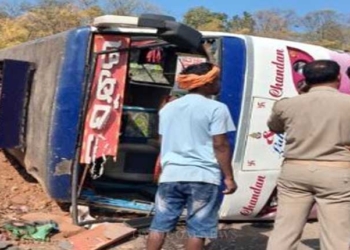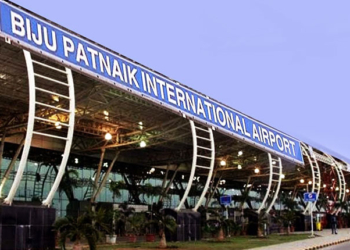Bhubaneswar: The Odisha government has announced that it will conduct its next round of grievance redressal from Kalahandi, one of the most historically underserved districts in the country. Chief Minister Mohan Charan Majhi will personally lead the initiative from Bhawanipatna, reaffirming the government’s commitment to taking governance beyond the state capital and making it more accessible to people at the grassroots.
Revenue and Disaster Management Minister Suresh Pujari on Monday shared the update with the media, stating that the decision reflects the government’s resolve to decentralize administration and directly engage with citizens in remote regions. He said the grievance redressal camp in Kalahandi would mark a continuation of the CM’s ongoing efforts to connect with the public through regular sessions that directly address their concerns.
So far, the Chief Minister has held 12 such grievance redressal sessions—11 in Bhubaneswar and one in Sambalpur. Each session caters to around 1,000 people and is attended by seven ministers from different departments along with senior government officials. These camps have proven instrumental in addressing a wide range of citizen concerns, especially health-related issues, which are handled through a streamlined single-window system.
Minister Pujari highlighted that these outreach efforts are already showing tangible results. Since the start of the year, the government has received a total of 10,894 grievances during these camps, of which 10,132 have been resolved, recording an impressive resolution rate of 93 percent. As part of immediate assistance measures, 38 individuals have been provided with financial aid amounting to ₹44 lakh so far. At today’s session in Bhubaneswar alone, 10 people were given ₹9.5 lakh in aid for health emergencies.
Pujari emphasized that under the Vision 2036–2037 roadmap, the government is committed to resolving both individual and collective grievances through accessible and transparent mechanisms. The move to hold the next session in Kalahandi is seen as a step toward inclusive governance, signaling the administration’s intent to address issues in even the most remote corners of the state.




